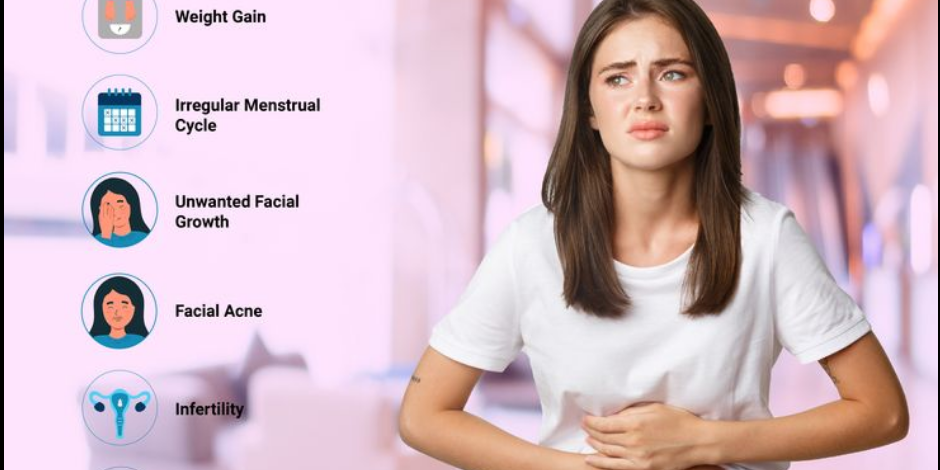Polycystic Ovary Syndrome (PCOS) is a common hormonal disorder that affects many women of reproductive age. At Hiremath Hospital, Dr. Bharti Hiremath emphasizes the importance of early detection and personalized care to manage this condition effectively.
Here are some of the most common symptoms of PCOS:
1. Irregular Periods
One of the hallmark signs of PCOS is infrequent, irregular, or prolonged menstrual cycles. Some women may have fewer than nine periods a year.
2. Excess Androgen (Male Hormones)
Elevated levels of androgens can lead to physical signs such as:
- Excess facial and body hair (hirsutism)
- Severe acne
- Thinning scalp hair or male-pattern baldness
3. Polycystic Ovaries
On ultrasound, the ovaries may appear enlarged and contain multiple small cysts. This is due to the failure of regular ovulation.
4. Weight Gain or Difficulty Losing Weight
Many women with PCOS experience unexplained weight gain or struggle with weight management, often linked to insulin resistance.
5. Skin Changes
Darkening of the skin, especially around the neck, groin, or under the breasts (a condition called acanthosis nigricans), may occur.
6. Mood Changes and Fatigue
PCOS can also impact mental health, leading to symptoms such as anxiety, depression, and constant fatigue.
Why Early Diagnosis Matters
Dr. Bharti Hiremath advises women not to ignore these signs. Early diagnosis and lifestyle changes can prevent long-term complications like infertility, type 2 diabetes, and heart disease.
If you are experiencing any of these symptoms, consult Dr. Bharti Hiremath at Hiremath Hospital for compassionate, expert guidance and a customized treatment plan.







